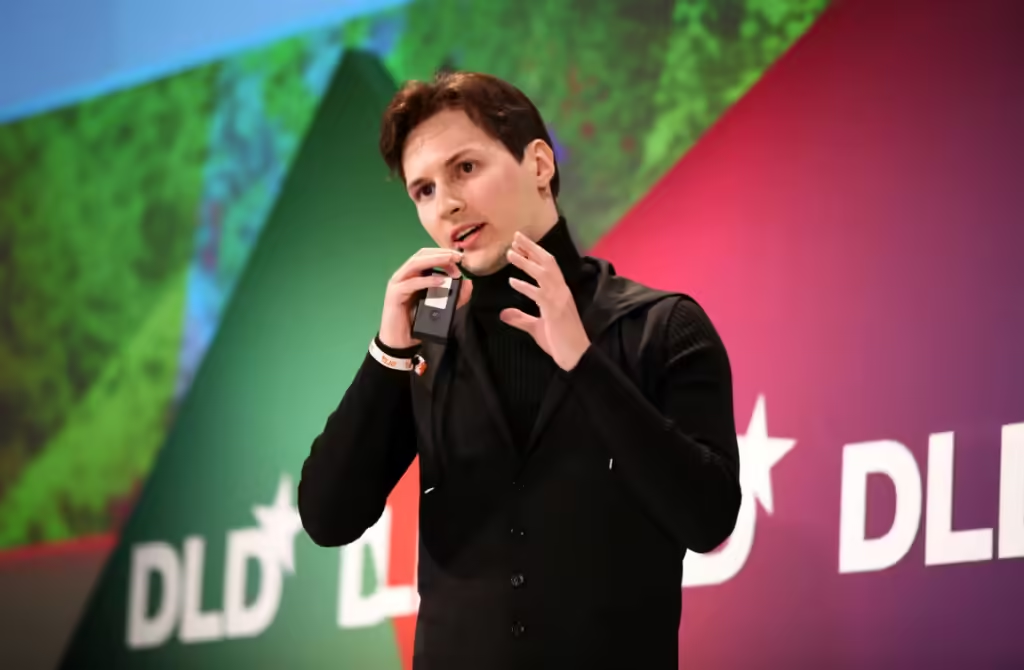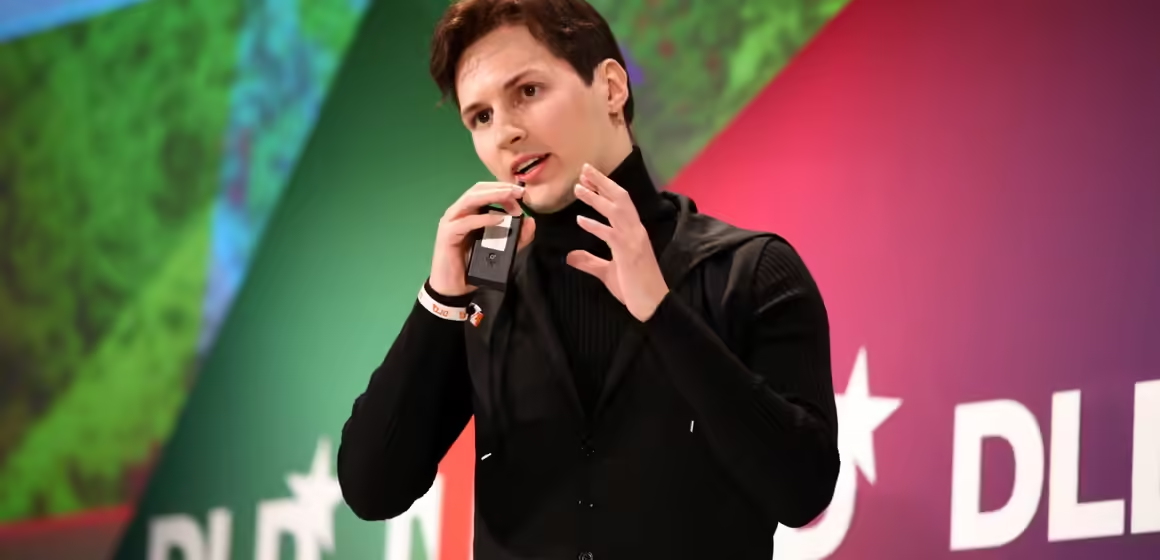The arrest of Telegram CEO Pavel Durov in France on Saturday sent shockwaves through the tech community. The 39-year-old Russian-born billionaire was detained shortly after landing at an airport near Paris on his private jet. With limited information available, the tech world is abuzz with speculation about what this unprecedented move could mean for free speech, encryption, and the challenges of managing a platform often linked to criminal activity.
On Monday, French authorities disclosed that Durov is being questioned in connection with a broad criminal investigation into illegal activities frequently occurring on Telegram. While some allegations may be concerning, many involve severe crimes, such as child exploitation and terrorism, which Durov may have been expected to address. However, many questions remain, particularly about the implications for other tech executives.
Criminal activity is a problem on many platforms, so why is Telegram being singled out? Telegram, founded in 2013 by Pavel and Nikolai Durov, is a messaging app that has evolved into a semi-public communication platform, similar to Discord. It is especially popular in countries like Russia, Ukraine, Iran, and India. Despite its widespread use by millions of innocent people, Telegram has also gained notoriety as a safe haven for criminals, including scammers and terrorists.
Durov has cultivated a strong pro-privacy image, publicly emphasizing his commitment to user privacy. In a recent interview with Tucker Carlson, Durov cited instances where Telegram refused to provide data to governments, such as when Russia requested information on protesters and when U.S. lawmakers sought data on participants in the January 6th Capitol riot. At a TechCrunch event in 2015, Durov stated that Telegram’s dedication to privacy outweighed the potential consequences, even in cases of terrorism.
This stance aligns with the beliefs of many encryption advocates, who argue that strong encryption is essential for protecting all users. The existence of a “backdoor” for one guilty party could jeopardize everyone’s privacy. However, unlike other messaging apps like Signal or iMessage, which offer true end-to-end encryption, Telegram’s encryption is limited. Users must manually enable end-to-end encryption for one-on-one chats, and it is not available for group chats or public channels, where illegal activities can occur openly.
As John Scott-Railton, a senior researcher at Citizen Lab, explained to The Verge, “Telegram operates more like a social network that isn’t end-to-end encrypted. This means Telegram could potentially moderate content or be forced to do so.” The platform has become so notorious for extremist activity that it’s earned the nickname “terrorgram,” with much of this activity happening openly, making it identifiable and removable by Telegram.
While Telegram does take some action against illegal content—such as blocking extremist channels after media reports and responding to government requests by revealing users’ IP addresses—the platform’s overall approach has been criticized for being relatively “hands-off.” Telegram’s moderation practices are often contrasted with those of competitors like Facebook, which, despite its own challenges, takes a more active role in content moderation. Even when Telegram intervenes, investigations have revealed that it may only obscure offending channels rather than fully block them. This approach places Telegram in a unique position. The platform does not engage in active content moderation like most major social networks, but neither does it entirely abdicate responsibility as a moderator, as a fully private platform might. “Because Telegram has this level of access, it makes Durov a target for government scrutiny in a way that wouldn’t be the case if it truly were an encrypted messenger,” Scott-Railton noted.



Leave a Reply